News - Current Eawag contributions to the Sustainable Development Goals (SDGs)
March 6, 2025
December 12, 2024
October 17, 2024
September 3, 2024
August 13, 2024
June 13, 2024
March 11, 2024
December 1, 2023
November 30, 2023
September 14, 2023
August 22, 2023
August 17, 2023
March 17, 2023
February 21, 2023
January 23, 2023
December 13, 2022
November 22, 2022
November 17, 2022
August 24, 2022
August 4, 2022
July 28, 2022
June 2, 2022
January 20, 2022
November 17, 2021
November 17, 2021
October 14, 2021
September 9, 2021
February 23, 2021

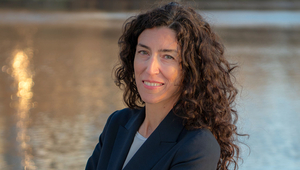

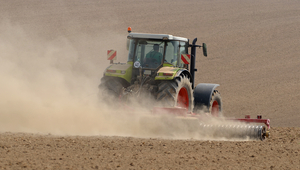
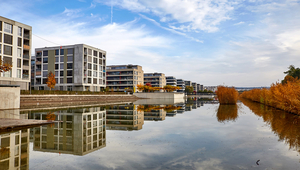

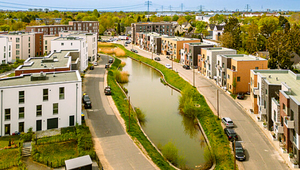

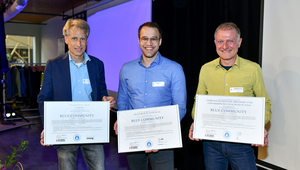

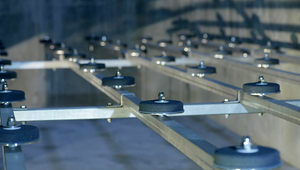
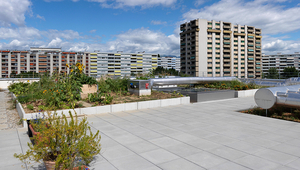

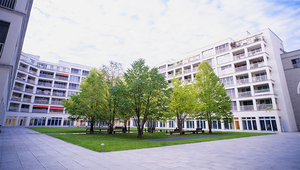
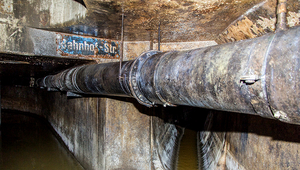
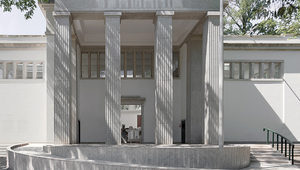
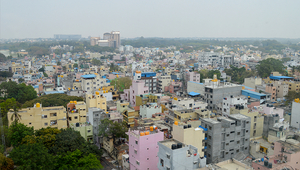
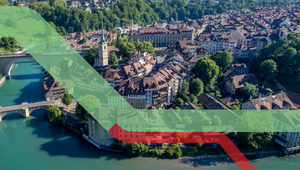




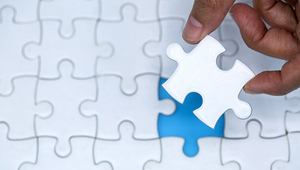
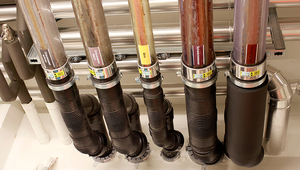

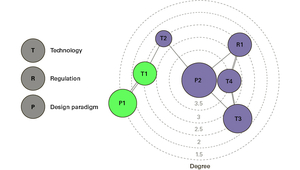
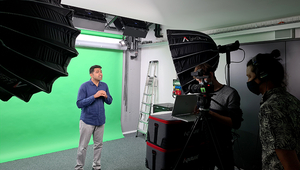
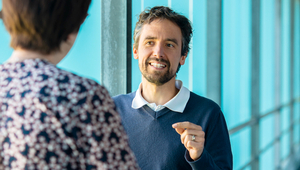
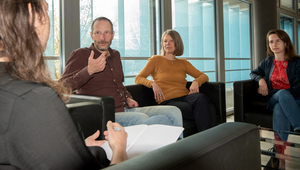
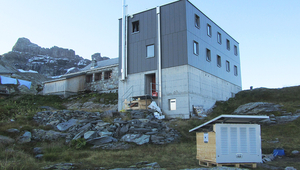





![[Translate to English:] Wärmetauscher, der z.B. im Ablauf einer Dusche dem Abwasser Wärme entzieht. (Foto: Joulia SA) [Translate to English:] Wärmetauscher, der z.B. im Ablauf einer Dusche dem Abwasser Wärme entzieht. (Foto: Joulia SA)](/fileadmin/_processed_/4/6/csm_teaser_5cdfa67386.jpg)


